by Andrea Scrima
Alyssa DeLuccia’s Letting You in on a Secret is an eloquent artistic inquiry into present-day politics, the media, and contemporary life—one that takes the form of a visual essay operating within the disturbance pattern of a subtle but crucial shift in medium that multiplies and compounds the power of the work and its message.
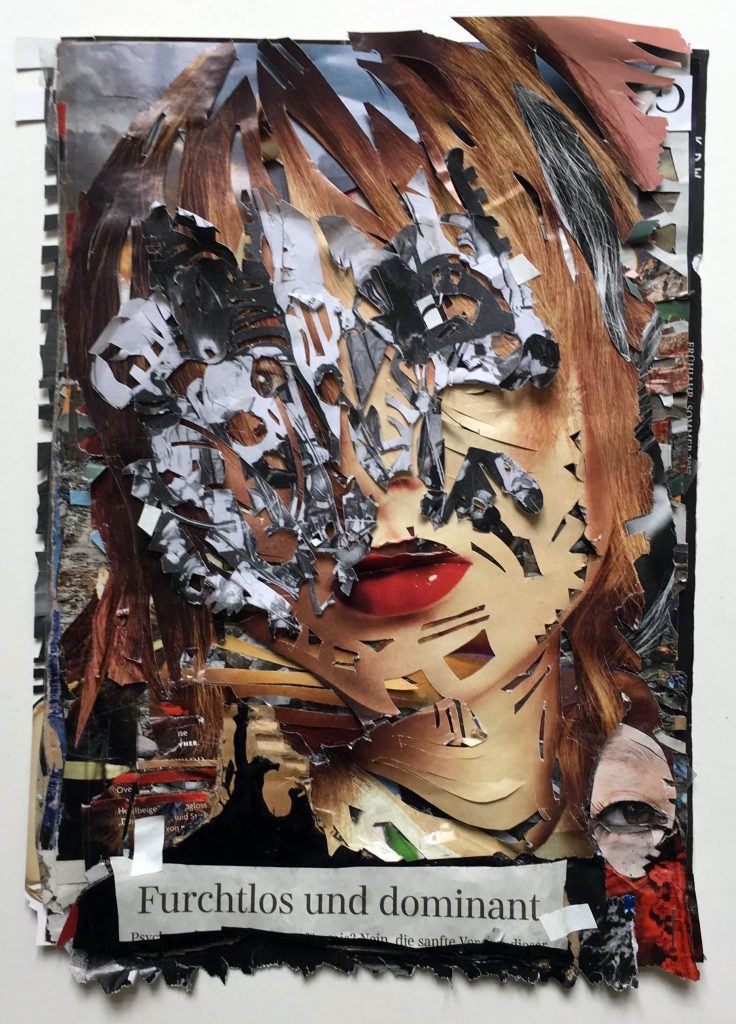
DeLuccia uses contemporary print media as raw material, fracturing the images and rearranging visual themes to create collages, which she then photographs. And for several important reasons, it’s the photograph and not the installed collage that is the final work of art. The media-reflective dimension of Letting You in on a Secret—the fact that it is based on print media, but locates its final manifestation in the realm of the photographic image intended not for mass-media reproduction, but for the reflective, contemplative context of the exhibition space—speaks to the dire state of imagery and language in the current media landscape and the need to find new methods to assess, decipher, and analyze conflicting and competing information. The new mistrust in the reliability and trustworthiness not only of the means of distribution through news channels, editorial boards, and social media, but in the veracity of the words and images themselves has, on a very basic level, changed the way in which we perceive and engage with the information raining down upon us.
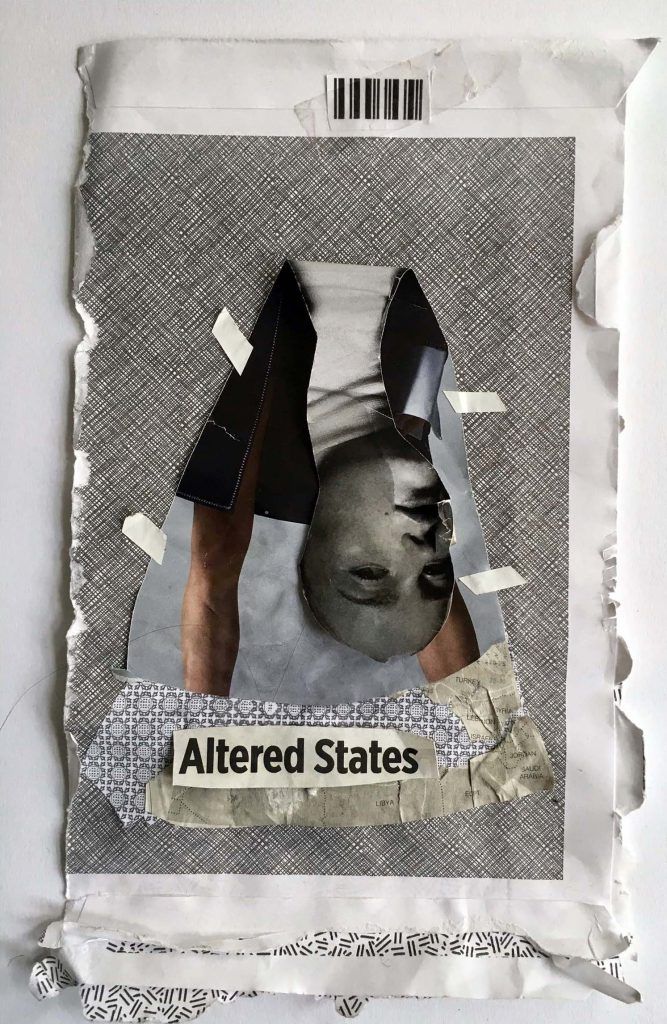
While Orwell foresaw the rewriting of the historical past and the falsification of existing documents, including newspaper archives, books, films, photographs, etc., to bring them into line with party doctrine and prove its infallibility; while he predicted the reduction of language as a powerful tool to curtail the radius of human thought for political ends, and postulated a semantic system in which words are used to denote their opposite and are thus rendered meaningless, even the broadest political, historical, and psychological analysis of how propaganda has been used throughout the ages to whip up popular support and manipulate the mass mind pales when applied to the phenomenon of fake news.
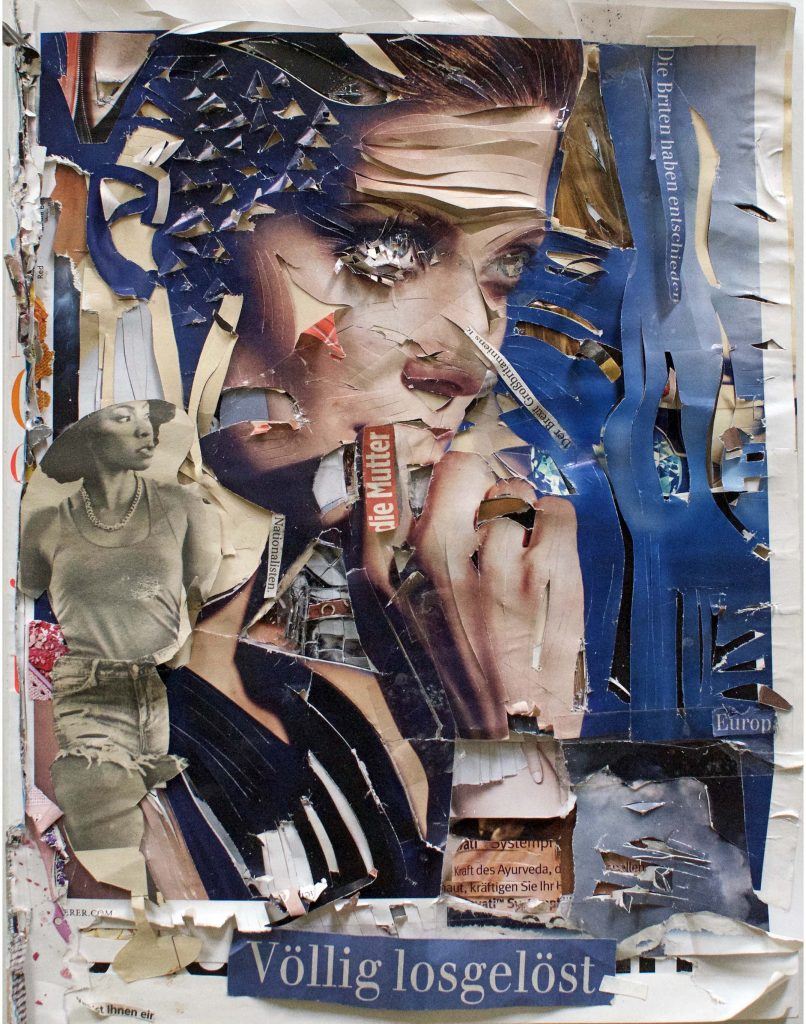
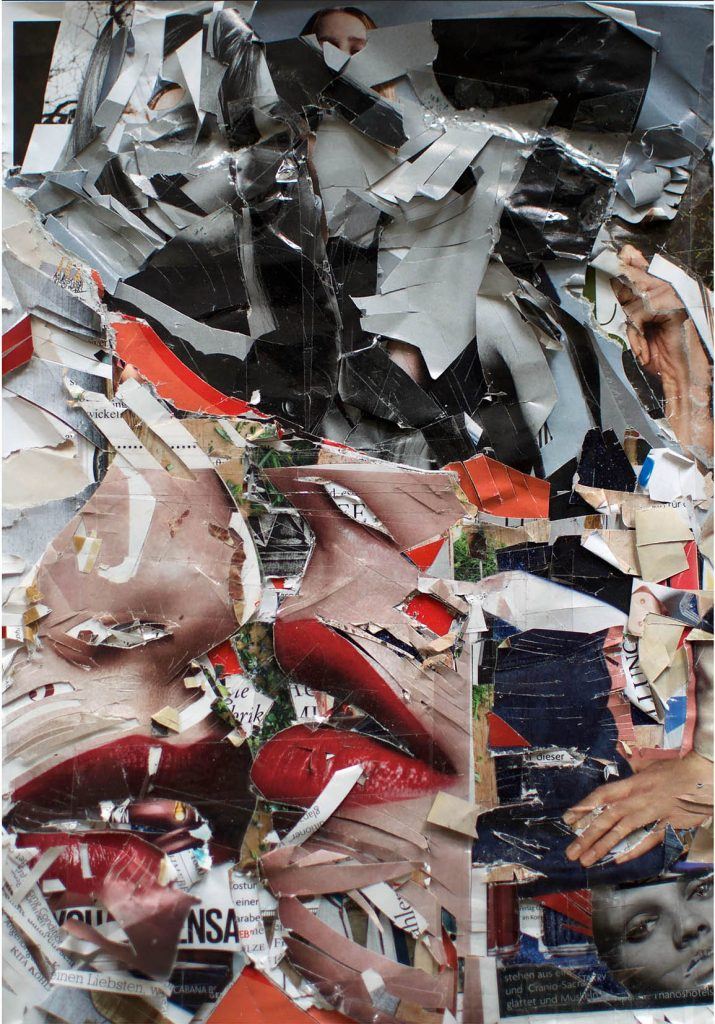
Words have morphed to the point where they no longer signify anything, but rather act as invisible triggers, actively shut thought down and preclude the possibility of communication. Compounding this is the Pandora’s Box the current administration has thrown open with its unprecedented vulgarity of lies, aggression, racism, sexism, misogyny, anti-Semitism, and sheer stupidity. As the German paper Die Zeit wrote, “This ostentatious vulgarity, however, (…) shouldn’t distract us from the fact that (…) something is happening that goes beyond mere audacity, that cannot really be described, even with the word ‘propaganda,’ a term that today has become inflated and imprecise. (…) It’s more about doing away with the principle of truth altogether, the categorical differentiation between true and false.” As the author of the article mentions, the philosopher Hannah Arendt analyzed precisely this in an interview with Roger Errera in 1974: “If people are constantly lied to, the result isn’t that they believe the lies, but rather that no one believes anything at all anymore. (…) And a people that can no longer believe anything cannot make up its mind. It is deprived not only of its capacity to act, but also of its capacity to think and to judge. And with such a people you can then do what you please.”
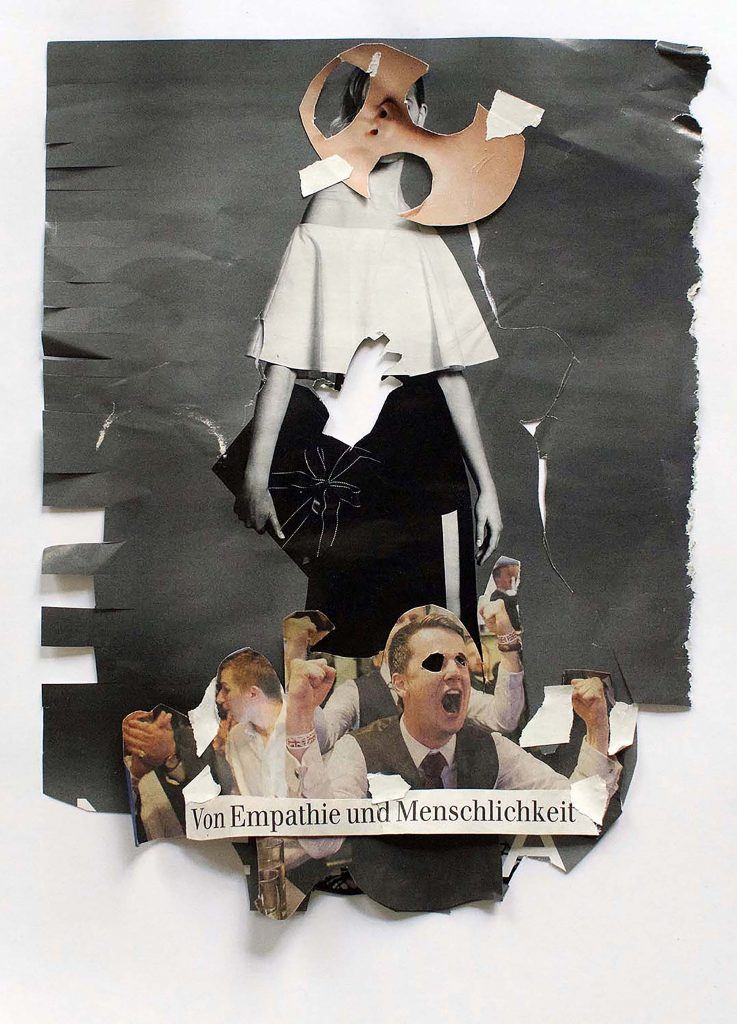
Letting You in on a Secret is a work that reflects on this very depletion of language and mass imagery, a work that proposes and articulates new and surprising ways to recalibrate our perception, to shake ourselves and our stunned senses awake. DeLuccia’s formal reference to Dada provides us with an important clue to the work’s subtly subversive nature: in citing a movement that would presage and then endure the advent of fascism, mass extermination, and world war, she is pointing to the necessity of encoding explosive cultural commentary in humor and visually appealing imagery, of going underground with it, as it were—both to protect one’s powers of perception and to counter the effects of the spellbinding that numbs us to the dangers facing us.
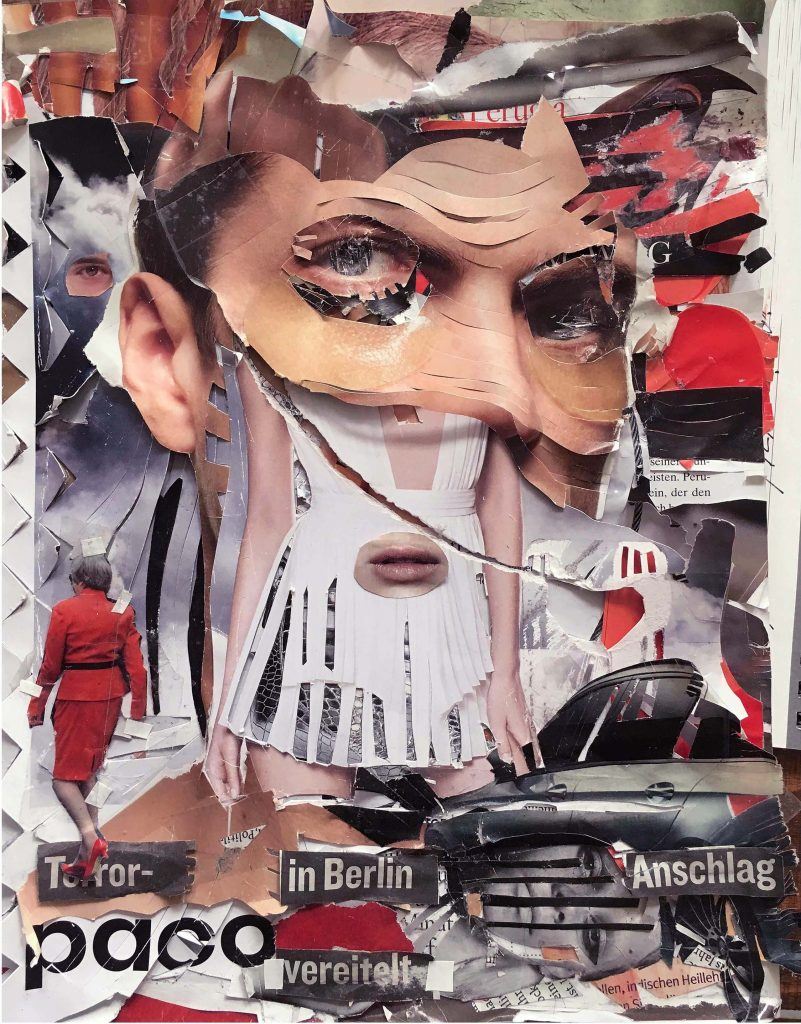
Alyssa De Luccia is a visual artist who lives and works in Berlin and New York City. She works within a range of disciplines, including photo-documentation, installation, portraiture, and photo-montage, demonstrating an interest in formalism while following strong feminist, surrealist, and Dadaist traditions. She has shown in numerous museums and galleries, including the Staatliche Kunsthalle, Baden-Baden; the Wilhelm-Hack-Museum, Ludwigshafen am Rhein; Thaddaeus Ropac Gallery in Paris; and the Brandenburg State Museum in Cottbus, Germany. She has been the recipient of grants and residencies from a range of sources including The MacDowell Colony; Künstlerhaus Bethanien Berlin; KW Institute for Contemporary Art Berlin; the Cité des Arts in Paris; Stiftung Kunstfonds; and the Research and Project Grant for Fine Arts from the Berlin Senate.
